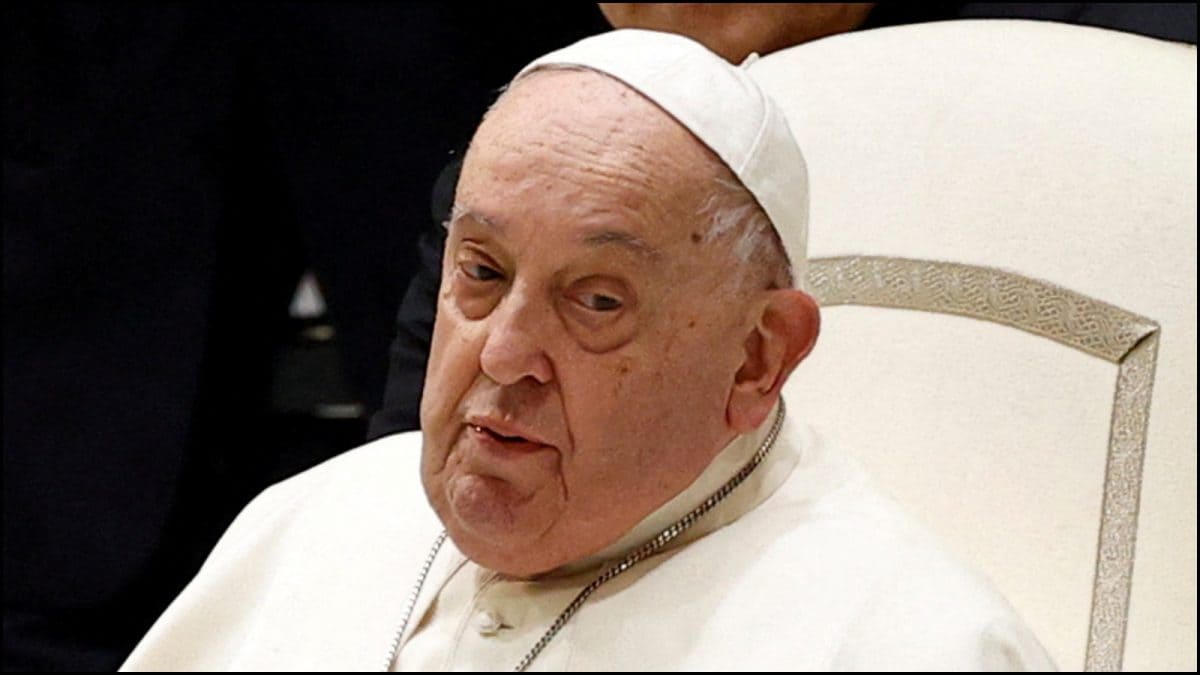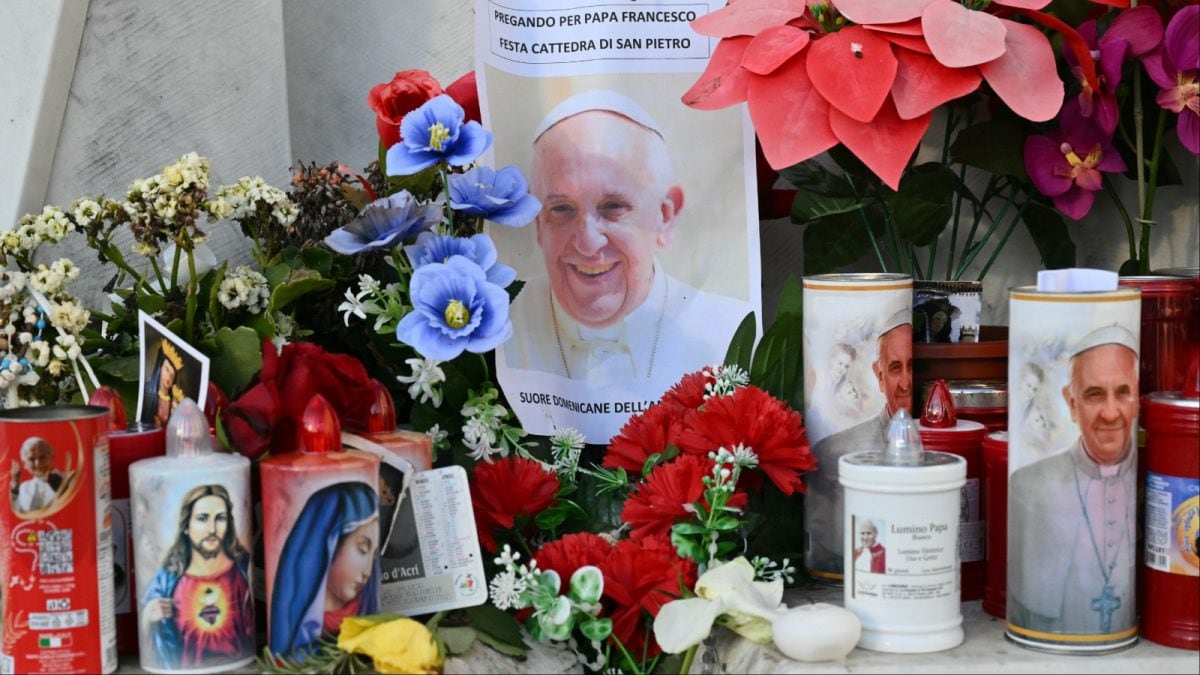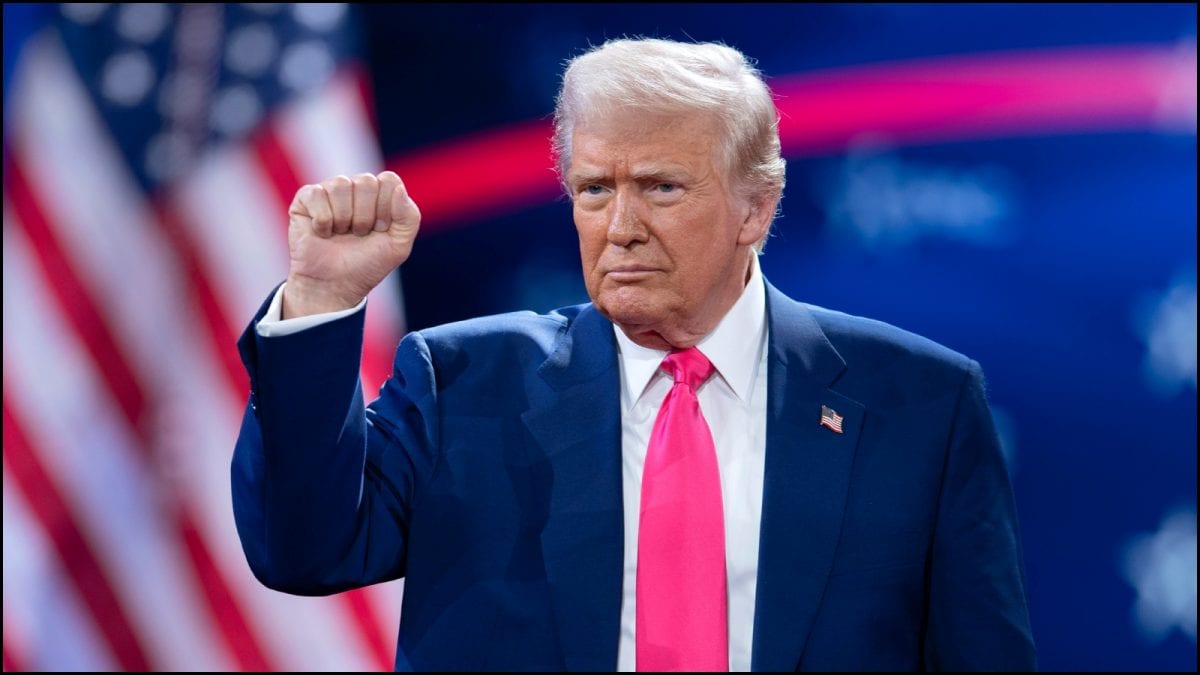Jimmy Carter launched his presidential campaign in 1974 amidst the nation's disillusionment with politics after the Watergate scandal. "I'm Jimmy Carter and I'm running for president. I will never lie to you," he pledged.

Former US President Jimmy Carter. (AP/File)
Jimmy Carter, the 39th President of the United States and a tireless advocate for humanitarian causes, died on Monday at his home in Plains, Georgia, surrounded by his family. He was 100.
Carter, a Democrat, achieved a historic feat in 1976 when he defeated Republican incumbent Gerald Ford to win the presidency, carrying Texas—a feat no other Democrat has replicated since.
A peanut farmer-turned-politician, Carter’s single term in office was marked by bold decisions and major challenges that shaped his legacy.
EARLY LIFE AND FORAY INTO POLITICS
Born James Earl Carter Jr on October 1, 1924, in Plains, Georgia, Carter grew up in a segregated community. His father, a segregationist, founded the family peanut business, while his mother, Lillian, worked as a nurse.
A high school basketball star, Carter spent eight years in the US Navy, where he served as a submarine officer and married Rosalynn Smith, a close friend of his sister. After his father’s death in 1953, Carter returned home to salvage the family farm, transforming it into a successful enterprise.
His political career began with local school and library boards before ascending to the Georgia Senate. As governor of Georgia in 1970, Carter took a bold stand on civil rights, declaring in his inaugural address: “The time for racial discrimination is over.”
In his push for desegregation, he placed photos of Martin Luther King Jr in the state Capitol despite protests from the Ku Klux Klan, appointed African Americans to public office and championed school integration.
Carter launched his presidential campaign in 1974 amidst the nation’s disillusionment with politics after the Watergate scandal. "I'm Jimmy Carter and I'm running for president. I will never lie to you,” he pledged with a toothy grin.
SWINGING TEXAS BLUE
Carter’s message resonated with voters, and in the 1976 presidential election, he defeated Republican incumbent Gerald Ford. Surprisingly, he also snagged Texas, a rare Democratic victory in the Republican-leaning state.
Texas had been a blue state during the 1960s, when Democrats John F Kennedy, Lyndon B Johnson, and Hubert Humphrey carried the state during their respective bids for the presidency. However, the political tides began shifting decisively toward the Republican Party thereafter.
Despite being a little-known outsider (“Jimmy, who?” was a popular refrain in Texas during the 1976 race), Carter’s image as a white Southerner helped him eke out a narrow win in the Lone Star State—something no other Democrat running for president has managed in the nearly 50 years since.
IN THE WHITE HOUSE
Once in office, Carter moved swiftly to pardon hundreds of thousands of Vietnam War draft evaders, a decision he later admitted was among the most challenging of his presidency. He appointed women to prominent roles in his administration and encouraged Rosalynn Carter to be an active and engaged First Lady.
One of the first world leaders to take climate change seriously, Carter made energy conservation a national priority, famously wearing sweaters and jeans in the White House to cut down on heating.
On the international stage, he brokered the 1978 Camp David Accords between Egypt and Israel, a landmark Middle East peace agreement.
However, his presidency faced major setbacks. The Iranian Revolution led to the prolonged US hostage crisis, and an attempted rescue mission ended in disaster, killing eight servicemen. Coupled with a struggling economy, these crises severely impacted Carter’s popularity, and he lost the 1980 election to Ronald Reagan.
"It’s clear that the true problems of our nation are much deeper...It is a crisis of confidence," he famously said in a 1979 address.
POST-PRESIDENTIAL LEGACY
After leaving office, Carter devoted himself to humanitarian work, championing peace, human rights, and environmental conservation. His efforts earned him a Nobel Peace Prize in 2002, solidifying his legacy as a global statesman.
Carter lived to see his 100th birthday in October 2024, making him the longest-lived US President in history. Despite declining health and 19 months in hospice care, he remained politically engaged.
"I'm only trying to make it to vote for Kamala Harris," he said of the upcoming election. He managed to cast his vote, though his home state of Georgia ultimately went to Donald Trump.
While his political triumph in Texas remain unmatched by Democrats, Carter’s decades-long “retirement” which redefined post-presidential public service may stand as his greatest achievement.
Published By:
Devika Bhattacharya
Published On:
Dec 30, 2024

 1 month ago
1 month ago
















